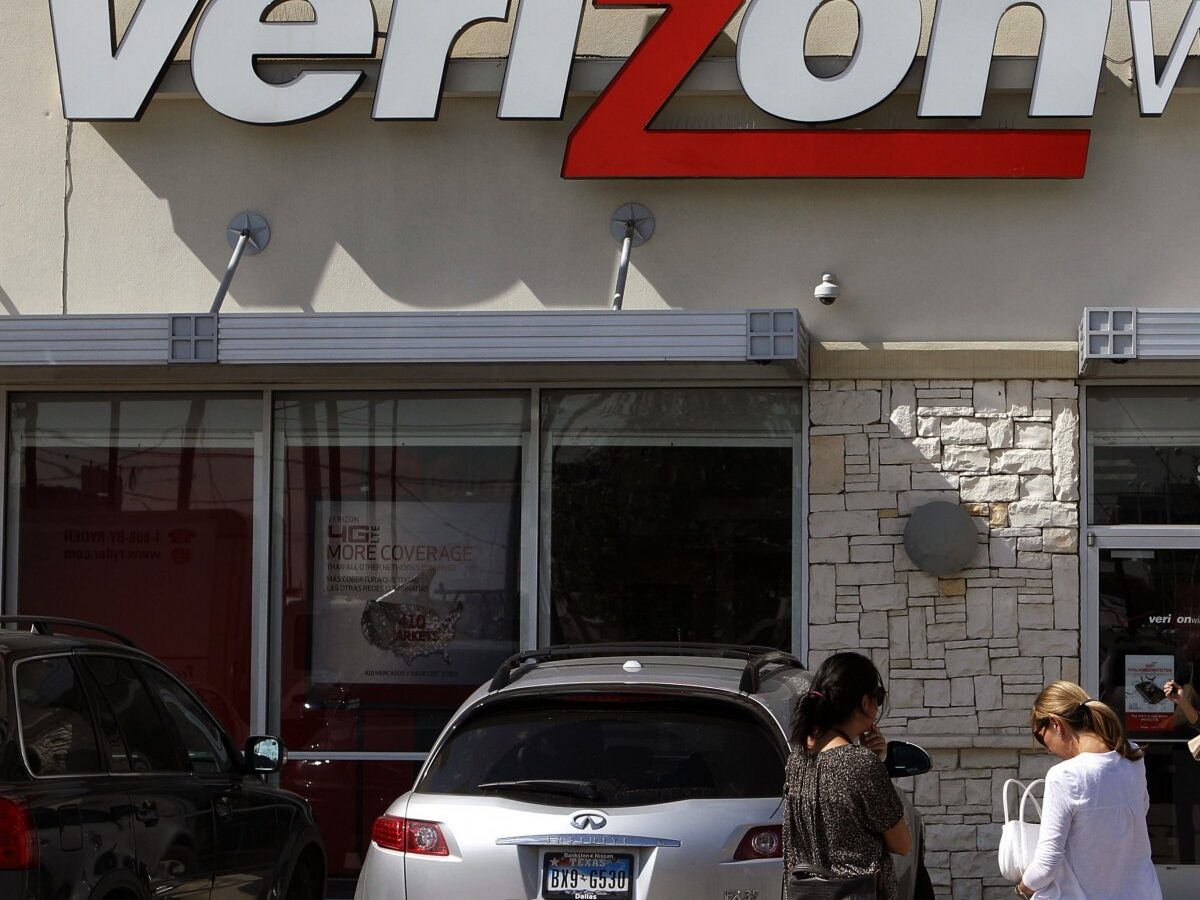
(MintPress) — Telecommunications giant Verizon filed a patent for a cable television box that would record viewers using depth, image, audio and thermal sensors to gather information about viewers and show specific advertisements based on the findings. As Verizon explained, a couple having an argument in front of the TV may see an ad for marriage counseling, while a couple cozying up on the couch together may see ads for contraceptives or romantic getaways. The sensors will also be able to detect and identify animals, retail products with brand images or words, furniture and decorations.
Verizon Spokesperson Ed McFadden told MintPress that the company is surprised by the amount of attention the DVR has received given that the company only submitted a patent application for the DVR and they have no indication if it would be improved. “These kinds of applications happen all the time,” he said. “Google and Microsoft have all previously filed patents. This is fairly routine.”
David Jacobs is the Consumer Protection Counsel for the Electronic Privacy Information Center (EPIC). He told MintPress that EPIC hasn’t paid too much attention to the Verizon DVR because its only a patent. Jacobs said he “strangely” agrees with Verizon that just because a company applies for a patent doesn’t mean we are likely to see it or that it is likely to be developed. “As invasive as the technology would be, the fact is that it’s just a patent right now.”
While it’s rare for a product in its patent phase to receive as much attention as Verizon’s DVR, McFadden told MintPress he understands that the product has prompted concerns about consumer privacy, which he says Verizon recognizes is an important issue. Though McFadden did warn MintPress that much of the media coverage on the patent has mostly been hypothetical analyses, adding that “Verizon has a very clear cut and strong record on consumer and customer privacy and securing customer data, and from that perspective anything that we would do down the road would be in relation.”
In a statement released to MintPress, McFadden wrote: “Articles focusing on what is a patent application were highly speculative. Verizon has a well-established track record of respecting its customers’ privacy and protecting their personal information. As a company that prizes innovation, Verizon takes pride in its innovators whose work is represented in our patents and patent applications, but such futuristic patent filings by innovators are routine.”
Jacobs says even if Verizon isn’t granted a patent for this DVR, this type of technology is something people are going to have to confront in the future. “We’re used to one direction surveillance,” he says, but adds that two-way surveillance has already arrived, giving the example of display advertisements in stores that change based on rudimentary facial recognition.
Called “creepy” by almost every news organization and the American consumer, Jacobs said the patent won’t be affected by public opinion, but if Verizon wants to make this DVR in the future, it will be important to consider that the public reaction has been to call the product invasive or creepy.
Speculation of the extent to which the company’s Big Brother-esque DVRs may have on privacy violations is not too far-fetched a topic given the patent includes that the company would always know whether a user is “eating, exercising, laughing, reading, sleeping, talking, singing, humming, cleaning, playing a musical instrument, performing any other suitable action and/or engaging in any other physical activity during the presentation of the media content.”
Due to the fact the DVR is just a patent right now, Jacobs says EPIC has not examined the potential legal hurdles associated with the product, but says two sources of law that come to his mind include the common law privacy tort called intrusion upon seclusion and the federal wiretapping law.
Jacobs added that it’s against the law to invade someone’s privacy if that person is in a place with reasonable expectation of privacy like the home. A reasonable person could argue that what you’re doing in front of the TV should be private, but Jacobs adds this law may not apply, as Verizon may be able to argue that buying and installing the DVR in your home may be a form of consent to having your activities recorded.
When it comes to the federal wiretapping law, Jacobs says it’s unclear whether the DVR just records words or if it understands the meaning of words spoken. “Verizon customers may consent to being recorded,” he said,” but anyone who comes into the house and has their activity subject to being recorded, are they consenting?”


